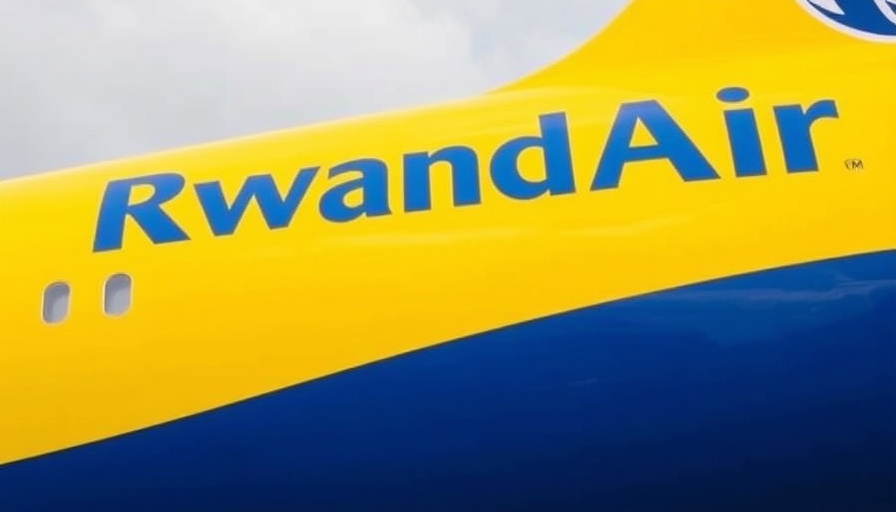
Airline Expansion: An Instrument to Combat Disruptions
As RwandAir grapples with operational challenges that have provoked flight disruptions, the acquisition of two additional Boeing aircraft marks a pivotal step towards stabilizing its services. This strategic decision not only reflects the airline's ambition to enhance reliability but also highlights a broader trend in Africa’s aviation sector, which seeks to meet the increasing demands of a burgeoning global travel market. RwandAir's expansion is indicative of a broader narrative where African airlines are recalibrating their strategies in light of ongoing socio-economic shifts, underpinned by a growing middle class eager to explore both regional and international destinations.
The Economic Implications of Enhanced Air Travel
The addition of two jets is more than a mere fleet upgrade; it is a calculated move aimed at reinforcing Rwanda’s position in the regional aviation market. As air connectivity improves, so too do opportunities for trade, tourism, and investment—a trifecta that could significantly buoy Rwanda's economy and, by extension, encourage foreign investment. Analysts suggest that improving flight schedules and reducing delays could have a cascading effect, promoting Rwanda as a viable hub for business travel in Africa, further entrenching its role in global trade networks.
Geopolitical Dimensions of Airline Operations
The realm of international business is heavily intertwined with geopolitics, and the operational adjustments within RwandAir indicate the company's strategic foresight in navigating these complexities. The airline's expansion aligns with Rwanda’s foreign relations agenda, particularly in fostering connections with countries across Africa and beyond. This initiative resonates with the growing recognition of Africa's pivotal role in the global economy, particularly as the continent's relationships with powerful economies like China and the European Union deepen.
Conclusion: A Call for Continued Investments in Aviation
This development within RwandAir serves not only as a beacon for the airline's future but also as a critical prompt for policymakers and stakeholders to consider the broader implications of investment in aviation across Africa. By facilitating smoother travel and trade routes, African countries can leverage their burgeoning economies, attract investments, and promote sustainable growth. Investing in aviation infrastructure must become a priority to amplify Africa's rise in the global economy.
 Add Row
Add Row  Add
Add 


Write A Comment